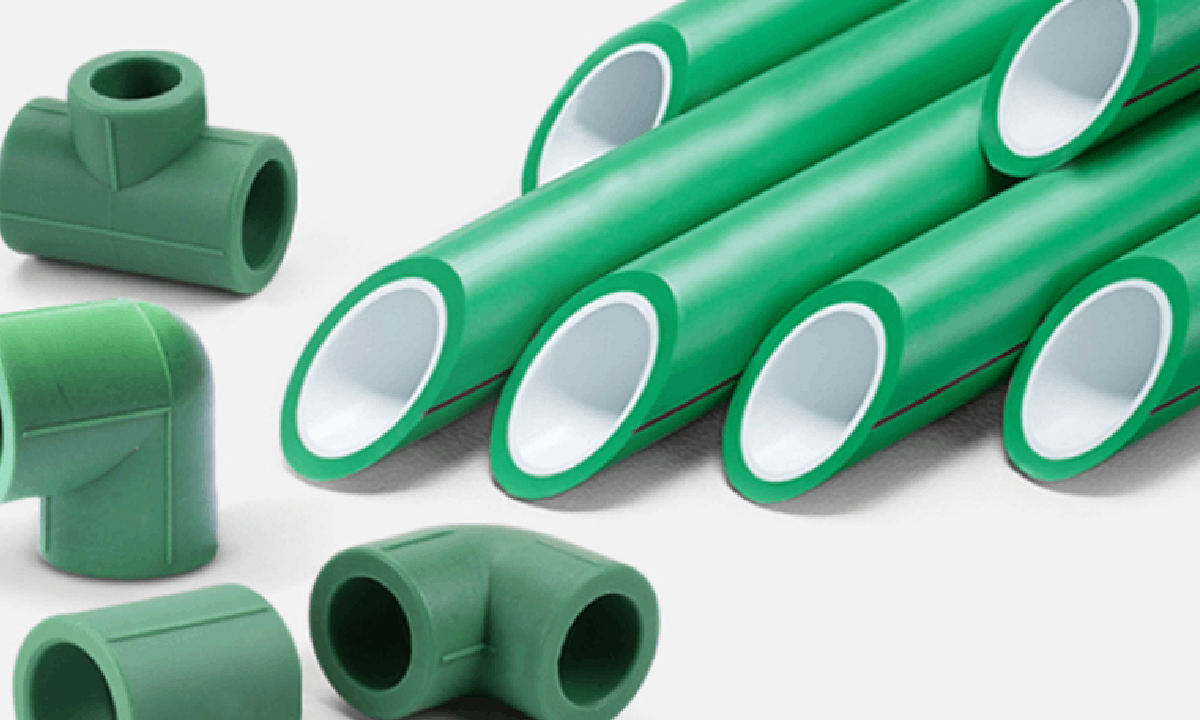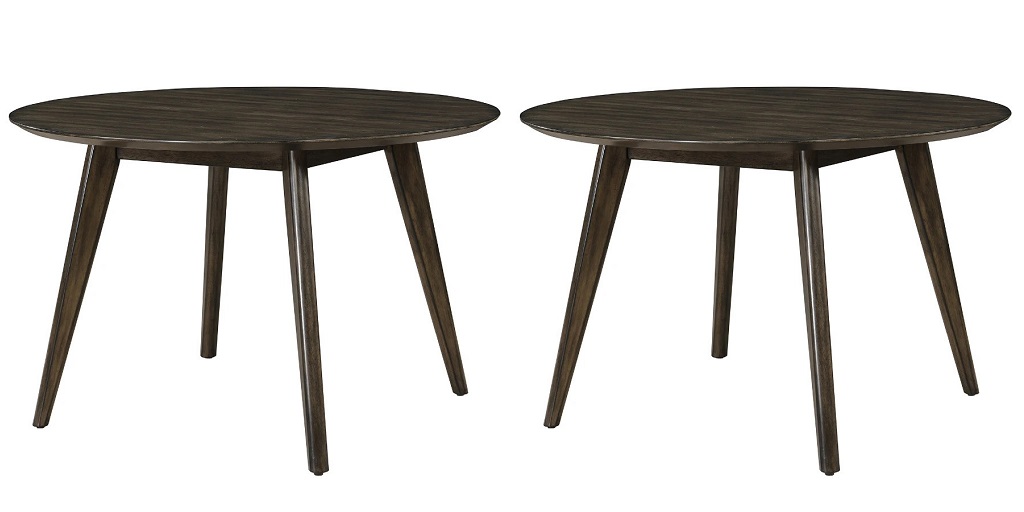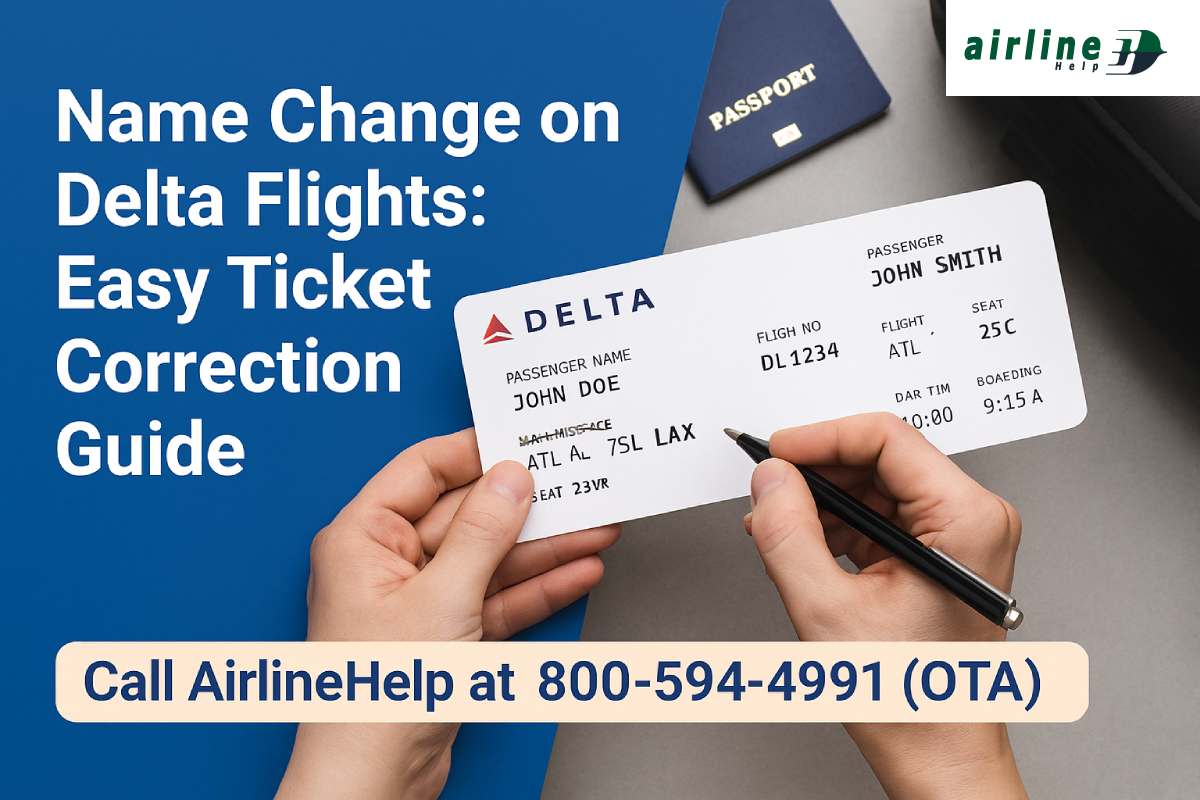
When you’re setting up a plumbing system or managing a construction project in the UAE, one crucial element often gets overlooked: the supplier of PPR fittings. It might seem like a small part of the puzzle, but choosing the right supplier can be the difference between a project that runs smoothly and one full of leaks, delays, and disappointments.
In this guide, we’ll walk you through what makes a good PPR fittings supplier, why it matters, and how to spot the right one for your needs in the UAE.
What Are PPR Fittings?
PPR (Polypropylene Random Copolymer) fittings are connectors used in pipe systems that carry hot and cold water, compressed air, and even chemical substances. You’ll find them in everything from residential plumbing to industrial plants. Their popularity comes from their durability, resistance to high temperatures, and corrosion-proof qualities.
So yeah, they’re kind of a big deal in modern infrastructure.
Why Supplier Choice Matters
Let’s face it: you can buy the best PPR pipes in the world, but if your supplier doesn’t offer proper support, quality assurance, or the right fittings, you’re heading for trouble.
Here’s why it matters:
-
Costly Repairs: Poor-quality fittings can lead to leaks or bursts.
-
Delays: Lack of availability or shipping issues set projects back.
-
Compliance Issues: Non-certified products can violate UAE building codes.
Bottom line? Choosing the right supplier is an investment in peace of mind.
Characteristics of a Good PPR Fittings Supplier
A Wide Range of Products
You don’t want to go supplier-hopping every time your project needs a different fitting. A reliable supplier should offer a complete range of fittings: different sizes, pressure ratings, and thicknesses. The more options, the better your ability to customize the system to your specific needs.
Technical Support
Ever stood in front of a wall of pipes wondering which one won’t mess up the water pressure?
That’s where technical support comes in. A knowledgeable supplier should guide you through product selection, helping you make informed decisions. Whether you’re dealing with high-pressure industrial lines or a residential renovation, their expertise can make or break your setup.
After-Sales Service
A good supplier doesn’t disappear after you swipe the card. They stick around with:
-
Installation guidance
-
Maintenance tips
-
Prompt responses to issues
Because even the best products need support sometimes.
Reliable Warranty Policies
You can tell a lot about a company by how they handle their warranties. Strong warranty policies show they’re confident in the quality of their products. It also means you’re not left high and dry if something goes wrong.
Look for warranties that cover a reasonable time frame, and pay attention to how easy it is to claim support.
Industry Standards and Certifications
ISO Certifications
If a supplier boasts ISO 9001 or similar certifications, it means their processes meet international standards. That’s not just a shiny badge—it’s proof of quality management.
Compliance with Local UAE Regulations
In the UAE, construction is heavily regulated (for good reason). Make sure your supplier complies with all local laws and codes. They should provide documentation and be willing to explain how their products meet regulatory standards.
How to Identify Reputable PPR Fittings Suppliers in UAE
Online Reviews and Testimonials
People love to talk about bad service, so if a supplier has a consistently good rep, that’s a green flag. Look for reviews that mention product reliability, support quality, and delivery timelines.
Product Range and Website Transparency
A clean, informative website with detailed product descriptions and specs shows that the supplier means business. If they’re vague or hide prices, be cautious.
Customer Support Responsiveness
Test them. Ask a technical question or request a quote. How fast and clearly they respond says a lot about what your post-purchase experience will be like.
Top Mistakes to Avoid When Choosing a Supplier
-
Choosing based on price alone: Cheap often costs more in the long run.
-
Ignoring certifications: Always check for compliance and testing.
-
Overlooking support services: Don’t wait till something breaks to realize you’re on your own.
Questions to Ask Before You Buy
Here’s your go-to checklist:
-
Are your products ISO certified?
-
Do you provide after-sales support?
-
What is the warranty policy?
-
Can you help with product selection?
-
How fast can you deliver?
Future Trends in PPR Pipe and Fitting Supply in UAE
We’re heading toward eco-friendly materials, smarter fittings, and even IoT-enabled systems that monitor flow and detect issues before they escalate. The right supplier should already be gearing up for these trends—are yours?
Conclusion
Choosing the right PPR fittings supplier in the UAE isn’t just about getting parts. It’s about ensuring quality, reliability, and support from start to finish. Look for a supplier that ticks all the boxes: product range, technical support, after-sales service, and warranty.
Make the right choice now, and you’ll thank yourself later—when your plumbing system runs like a dream and your project stays on track.
FAQs
1. What makes PPR fittings better than PVC or metal?
PPR fittings offer better durability, are heat-resistant, and don’t corrode like metal or degrade like PVC over time.
2. Can I use PPR fittings for both hot and cold water?
Absolutely. PPR is designed to handle a wide temperature range, making it perfect for both applications.
3. How long do PPR fittings typically last?
With proper installation, PPR fittings can last over 50 years—especially when sourced from a quality supplier.
4. Are all PPR fittings suppliers in UAE certified?
Not necessarily. Always check for ISO certification and compliance with UAE regulations before buying.
5. What pressure ratings should I look for in PPR fittings?
It depends on your application. Good suppliers will help you select fittings with the right pressure rating based on your needs.






